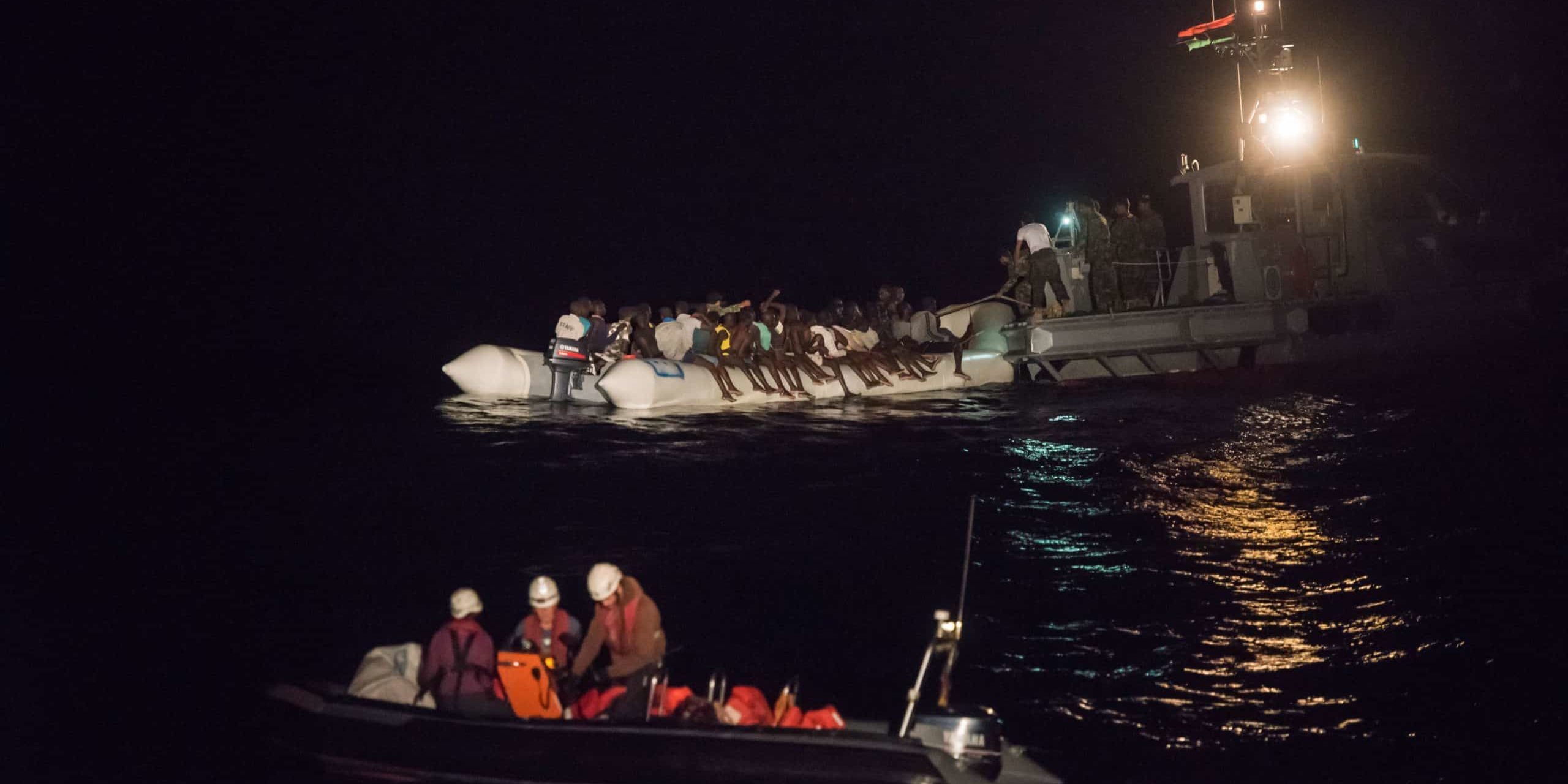Prosecutors in Hamburg ended the trial against members of the Libyan Coast Guard, which relates to the attack on a Sea-Watch rescue mission on October 21, 2016. The court justifies its decision on the grounds that even though criminal acts were carried out, the people could not be identified. Federal Government could not provide any further information, despite the fact that the German armed forces are involved in training the Libyan Coast Guards. Therefore, investigations to determine the identity of the guards could have been possible, especially taking into consideration the recent Malta resolution. Sea-Watch CEO Axel Grafmanns states:
“If these crimes which led to several deaths are not further investigated, it could bring about life-threatening consequences for refugees, migrants and civil rescuers. If crimes like the attack on our rescue mission in October will remain unpunished, there are fears that similar criminal acts by these guards could happen again, especially after the recent resolution by EU-leaders in Malta.”
Abuse on maritime traffic can be anything from attacks or brute force in order to gain control of, or influence the navigation of […] a ship employed in civil maritime traffic”, according to the German criminal code, StGB §316c. Therefore, prosecution neglects that the incident on October 21, 2016, fulfills these requirements.
“With the resolutions in Malta, the Libyan Coast Guard is actively encouraged to commit such felonies, and from our point of view, it is exactly these repatriations which the EU aims for in their 10-point plan. The Federal Government acts completely irresponsibly here and by their inactivity on the one hand and the fatal resolutions on the other hand it puts refugees, migrants and civil rescuers alike in serious danger,” says Grafmanns.
The Ministry of Foreign Affairs responded by stating “there is no functional jurisdiction in Libya at present“. Justification of the stance on this reads as follows: “The recent very complex political situation in the country, in particular caused by the lack of a national executive authority and factual power carried out by different militia, the Ministry of Foreign Affairs considers a letters rogatory towards the Libyan law enforcement authorities as little promising.”
The Federal Government has possible means to drive the investigations forward, as the so-called Libyan Coast Guards, responsible for the attack on October 21st, 2016, have been trained by a military mission under German supervision, possibly even the actors of 10/21/2016, implying it would be possible to access information on the identity of the attackers through the circle of trainees.
“The Federal Government and prosecution in Hamburg don’t seem interested in clearing up the incident, which is why we will file a complaint against the dismissal of the case,” says Grafmanns. “I consider equipping an executive in a country devastated by a civil war, where neither legislative nor judicative authorities exist in a serious form, as questionable anyway. Let me be clear: The German Government, in accordance with the Malta resolutions, trains and equips a completely uncontrollable, random group, while persecution of crimes committed by the very same group is deemed ‘little promising’,” Grafmanns criticizes.











